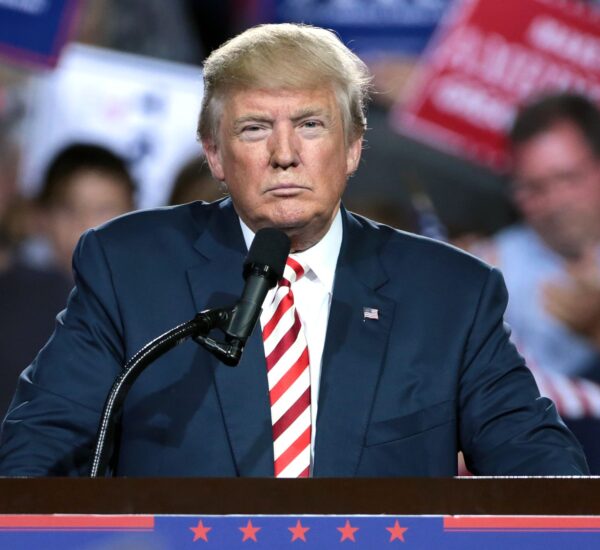Trump Puts Democrats At Political Risk
House Democrats representing districts that backed President Trump are facing a tough decision in the coming week as GOP leaders prepare to bring their government funding bill to the floor. This vote could significantly impact their political futures.
If these Democrats vote in favor of the bill, they will be going against their own party’s leadership and essentially undermining the Democrats’ argument that the bill will harm vital public services. On the other hand, if they vote against it, they risk being labeled as the ones responsible for a government shutdown, particularly if the bill fails and a shutdown occurs.
It’s a tricky situation for the GOP too. While they hold the majority in Washington, a shutdown would likely hurt Republicans politically since they have sole control of the government’s budget. Democrats have long criticized Republicans for mismanaging government operations, and a shutdown under their watch would provide plenty of ammunition for that argument.
However, in Trump-won districts, where GOP support is strong, the political calculations are different. Many of the 13 Democrats in these districts may feel the pressure to support bipartisanship and avoid being seen as obstructionists. Republican campaign strategists are closely watching these vulnerable Democrats, eager to exploit any opportunity to flip these seats in the 2026 midterm elections.
As the vote approaches, several Democrats have already voiced their opposition to the GOP’s proposed spending plan. Rep. Marcy Kaptur of Ohio, for example, expressed her concerns about the bill’s potential to harm middle-class families, seniors, veterans, and small businesses. Other Democrats, like Rep. Tom Suozzi of New York, have also rejected the GOP proposal outright.
Despite vocal opposition from some Democrats, many of the lawmakers in Trump-won districts remain silent about their stance on the funding bill. One notable exception is Rep. Henry Cuellar of Texas, who made it clear he does not support a government shutdown but still expressed openness to a bipartisan solution.
The situation remains fluid as GOP leaders prepare to move forward with their legislation. The outcome will depend on how many Democrats are willing to cross party lines and support the bill, and whether enough Republicans can unite behind it. If the bill fails due to Democratic opposition, Republicans will face significant political fallout, but if Democrats side with the GOP, they risk angering their base.
The pressure is mounting for all sides, and next week’s vote will likely have lasting consequences for both parties, especially as the 2026 elections loom large.





